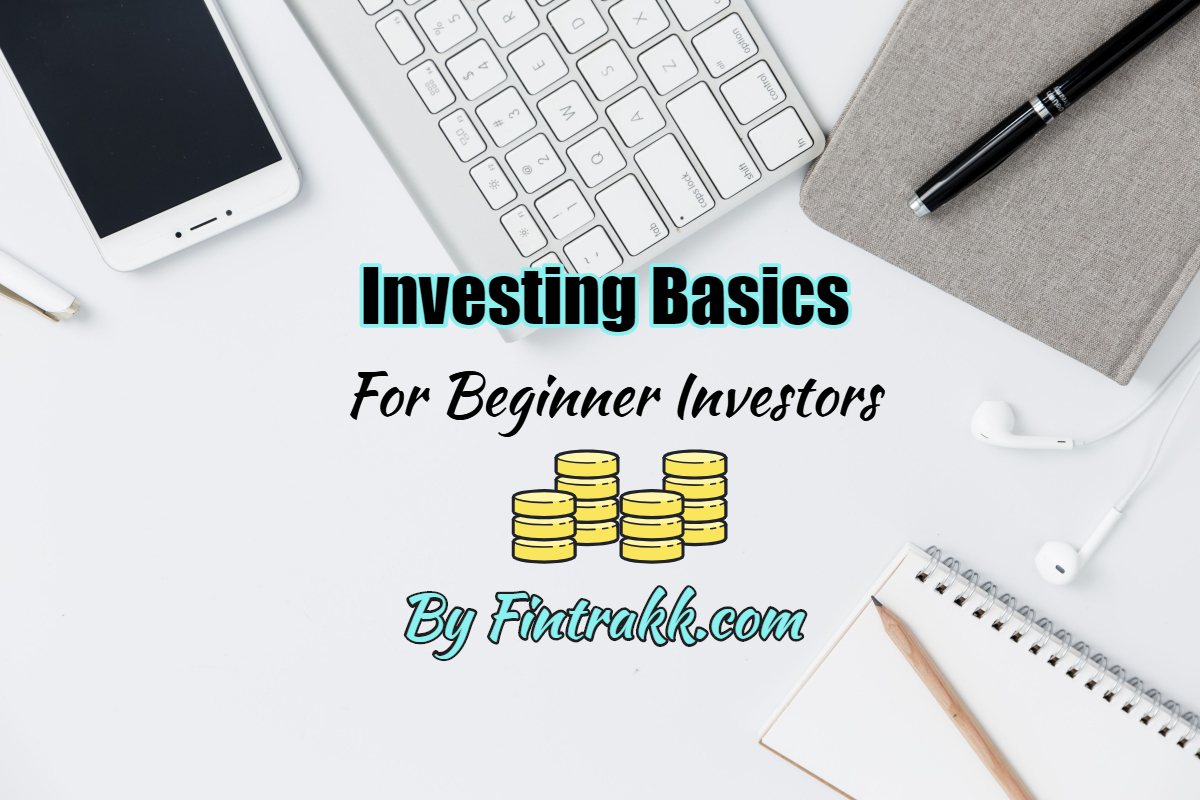Financial coaches often tell their clients that making the right investments is a crucial process toward gaining financial freedom. However, to get the most out of your investments, it is crucial that you learn the basics and take action on the tips you’ve learned. Knowing a lot of investment tips without acting on them will not bring you any benefits.
Investing well allows you to stop working early and go after your personal goals without being worried about using up all of your savings. To maximize any investment, you need to be able to correctly answer these questions: “Which investment options you should invest in?”, “How you should invest in them?” and “Where you should invest?”
In this post, we present a beginner investors guide to comprehend the important basics of investing in Singapore.
Investment Options You Should Invest In
A significant query you will ask about investing in Singapore! Although simple, the answer to this question is important to gain optimum returns on your investments.
Previously, Singapore’s retail investors did not have a lot of options at their disposal. However, it is different for recent investors as there are at least 5 investment options for them.
Today, investing in Singapore affords you investment options such as ETFs (Exchange Traded Funds) and the Government created a savings platform referred to as the SSB (Singapore Savings Bonds). You can also invest in REITs (Real Estate Investment Trusts), Individual Stocks, and bonds. Other investment opportunities available to investors in Singapore are Property funds, Robo-advisors, Unit Trusts, and P2P (Peer-to-Peer) lending.
Let us take a quick look at some of these investment options.
- Individual Stocks: In most cases, investors in Singapore consider individual stocks as their first investment option. This is because there are over 700 individual stock options provided by the SGX (Singapore Exchange) to investors. You are free to invest in any of them.
- Exchange-Traded Funds: If you prefer another option to individual stocks, you may consider the ETFs. Think of ETFs as a mutual fund that copies any sector or index that is being tracked. ETFs aim to receive target market returns.
- REITs: This investment option is becoming more popular today than it was previously. It simply involves owning property portfolios in rented infrastructures. Afterward, the rental income goes into maintaining the rented property and the rest is considered as profit and shared among shareholders.
How to Invest?
While we may not be able to explore all the investment tips in the book, here are a few that we consider crucial for beginner investors in Singapore:
- Pay Attention to Market Capitalization: This is crucial for beginner investors. It involves studying the market rate of the outstanding shares of any company. This unveils the actual size/scale of the company.
- Profitability is Crucial: You must learn and study the options available to measure profitability. This will guide you in choosing the best individual stocks to purchase in Singapore.
You may also like: Trading vs. Investing: Differences to Know
In conclusion, as a beginner looking to invest in Singapore, you should carefully go through all the investment options available to you before settling for the most comfortable.
